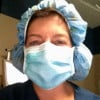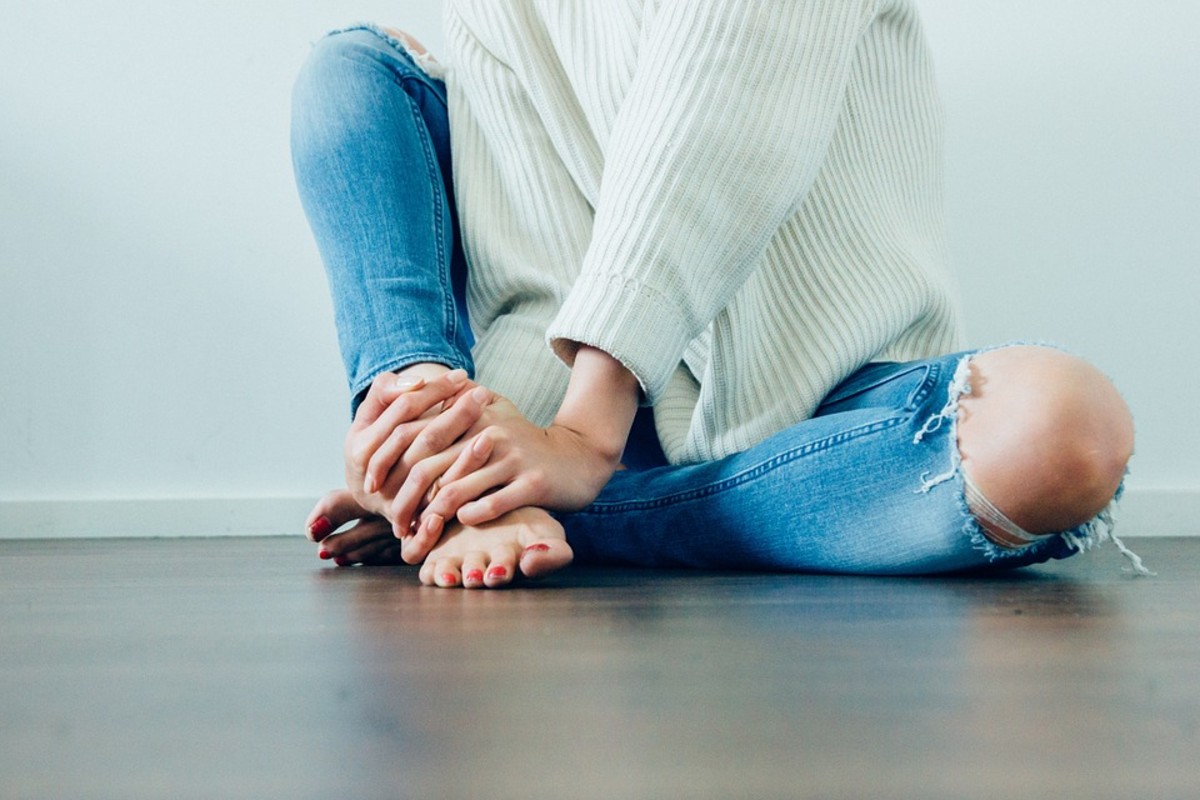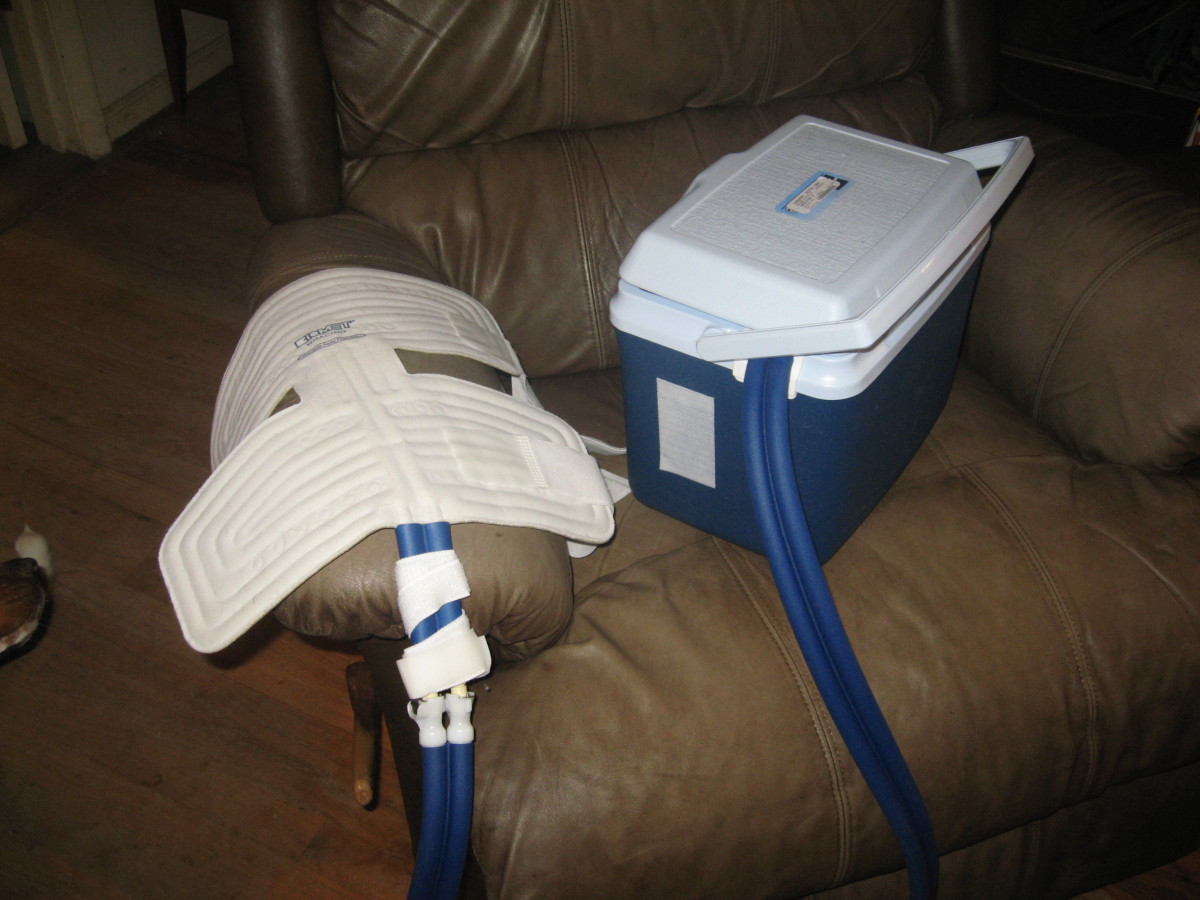Things to Consider with Joint Replacement Surgery

Joint Replacement Surgery Improves Quality of Life
Surgical advances have undoubtedly saved the lives of millions of people. But, surgery also restores quality of life to an impressive degree for a lot of people.
Joint replacement surgery is an amazing option that will do just that for many patients.
But, of course, no surgery should be entered into without proper education, preparation and an understanding of the potential risks and benefits of the procedure. Joint replacement is major surgery that puts stress on the entire body. The recovery is not easy and requires participation and motivation from the patient.
Preoperative, intraoperative and postoperative considerations must all be discussed and taken into account before deciding to have joint replacement surgery.
Preoperative Considerations for Joint Replacement Surgery
There are several steps that should occur before joint replacement surgery is scheduled.
- First, you will need a referral to an orthopedic surgeon.
- Then, a discussion of the surgical AND non-surgical options should occur. If surgery is selected, then you will have to decide on the type of joint replacement to be done (with the recommendation of your surgeon).
- Before the surgery can actually be done, you will have to be medically 'optimized' to undergo the safest procedure possible. This usually involves having a history and physical done by your primary care doctor. Your medication will be adjusted and any tests than can further help the doctors understand your medical condition will be ordered. Sometimes, you will be referred to other specialists for further evaluation. The most common referral might be to a cardiologist for heart stress testing. This is done because joint replacement is major surgery that causes changes (immune and inflammatory chemicals, for example) that affect and stress the entire body.
- Then, you will be able to schedule or confirm your surgery and visit with the preoperative clinic or anesthesia providers to receive further preoperative instructions.
It will be of great benefit to take steps to optimize your own health status prior to joint replacement surgery. This should be started as soon as you think surgery will be an option (hopefully, you are already living as healthy a lifestyle as possible and minimal changes will be necessary). Stop smoking, get regular and adequate sleep, exercise and treat any medical issues (such as high blood pressure, diabetes and so on) optimally with the help of your doctor.
Some larger medical centers and joint replacement practices have structured group joint replacement classes. These preoperative sessions are very useful to help
FIND AN ORTHOPEDIC SURGEON FOR JOINT REPLACEMENT
If you believe you are a candidate for joint replacement surgery, you will need to find an orthopedic surgeon. As always, research and referrals will be necessary and helpful.
Look for a surgeon who is board-certified by the ABOS-American Board of Orthopedic Surgery. The best referrals come from other patients who have had the same surgery by the same surgeon (at the same hospital, if possible). Also, your primary care doctor may have seen patients in follow-up who have had the surgery. They may have some idea of each surgeon's style and the patients' recoveries in the short and long term.
Visit with the surgeon and ask about your options. Find out if the surgeon specializes in joint replacement or does a high volume of them (this can be done ahead of time to make sure you are getting a surgeon who is very experienced in replacing the joint). Some joint replacements (hips/knees) are done more often than others (shoulders, ankles, elbows). A specialist surgeon may be needed for less commonly performed procedures.
Types of Joint Replacement
The type and timing of surgery are issues to be discussed with your chosen orthopedic surgeon.
There are partial and total joint replacements and different systems for each. The surgeon will have the expertise to guide you and give you the information you need to make a decision about when and what type of surgery to have, if any.

Anesthesia for Joint Replacement
The anesthesiologist will provide the the anesthesia for the surgery, and may manage your pain in the postoperative period, as well.
For the surgery, itself, you will usually have the option of general anesthesia. General anesthesia means you are unconscious for the operation and thus, can't see, hear or feel anything.
For some surgeries, you will have options other than general anesthesia. For surgeries below the waist- such as hip and knee replacement surgeries- spinal or epidural anesthesia may be offered as possibilities. Not all surgeries are amenable to this type of anesthesia, so if it is not offered to you, there may be a reason, such as the anticipated length of the operation or the usual practices of the doctors or the hospital.
Another type of regional anesthesia known as a nerve block may also be used. While it is possible to perform operations under nerve blocks with sedation, they usually are used in conjunction with general anesthesia. Nerve blocks are placed preoperatively. Because they take effect before the surgery starts, regional nerve blocks may decrease pain signals and thereby, decrease the amount of general anesthesia needed. Most often, though, nerve blocks are placed to provide postoperative pain relief which usually lasts for six to 18 hours after placement.
After Joint Replacement Surgery
Another thing to consider with joint replacement surgery is the recovery period. The inpatient hospital stay after joint replacement ranges from one day to several days. Any medical issues that arise - either expected or unexpected - can extend this stay.
Some partial knee replacement surgeries are being done with discharge to home from the recovery room on the same day as surgery! While most patients are not candidates for this 'fast-track' discharge, select patients will be.
Rehabilitation and return to function involves physical therapy, both in the office and at home. Your surgeon will provide instructions as to when, how and how often to move the replaced joint.
Walking on your new knee the first day after surgery may seem impossible, and it will be uncomfortable, but is so important to recovery. The same is true of other joint replacements as well. Follow your doctors instructions carefully to make sure your recovery is a speedy and complication-free one.
Things to Consider with Joint Replacement Surgery: Brief Summary
PREOPERATIVE
| THE DAY OF SURGERY
| POSTOPERATIVE
|
|---|---|---|
Research options for treatment
| Follow preoperative instructions carefully
| Stay 'ahead' of your pain and take pain medicines when you are needed. Pain control speeds recovery
|
Get referrals for surgeons
| Do not eat or drink after the allotted time
| Participate in your therapy even if you don't feel like it
|
Optimize health with exercise and lifestyle changes
| Discuss options with the anesthesiologist
| Be patient- recovery will not be easy and it takes time
|
Meet with primary care doctor to 'tune up' medically and have medicines evaluated and
| Make sure you get your questions answered and understand how your pain will be managed after surgery
| Follow instructions and take precautions once you return home to not jeopardize your recovery
|
Follow all instructions for medications and testing
| Tell your doctor of any changes in your health status or symptoms of any medical issues before surgery
| Go to all appointments with your doctor and physical therapy
|






